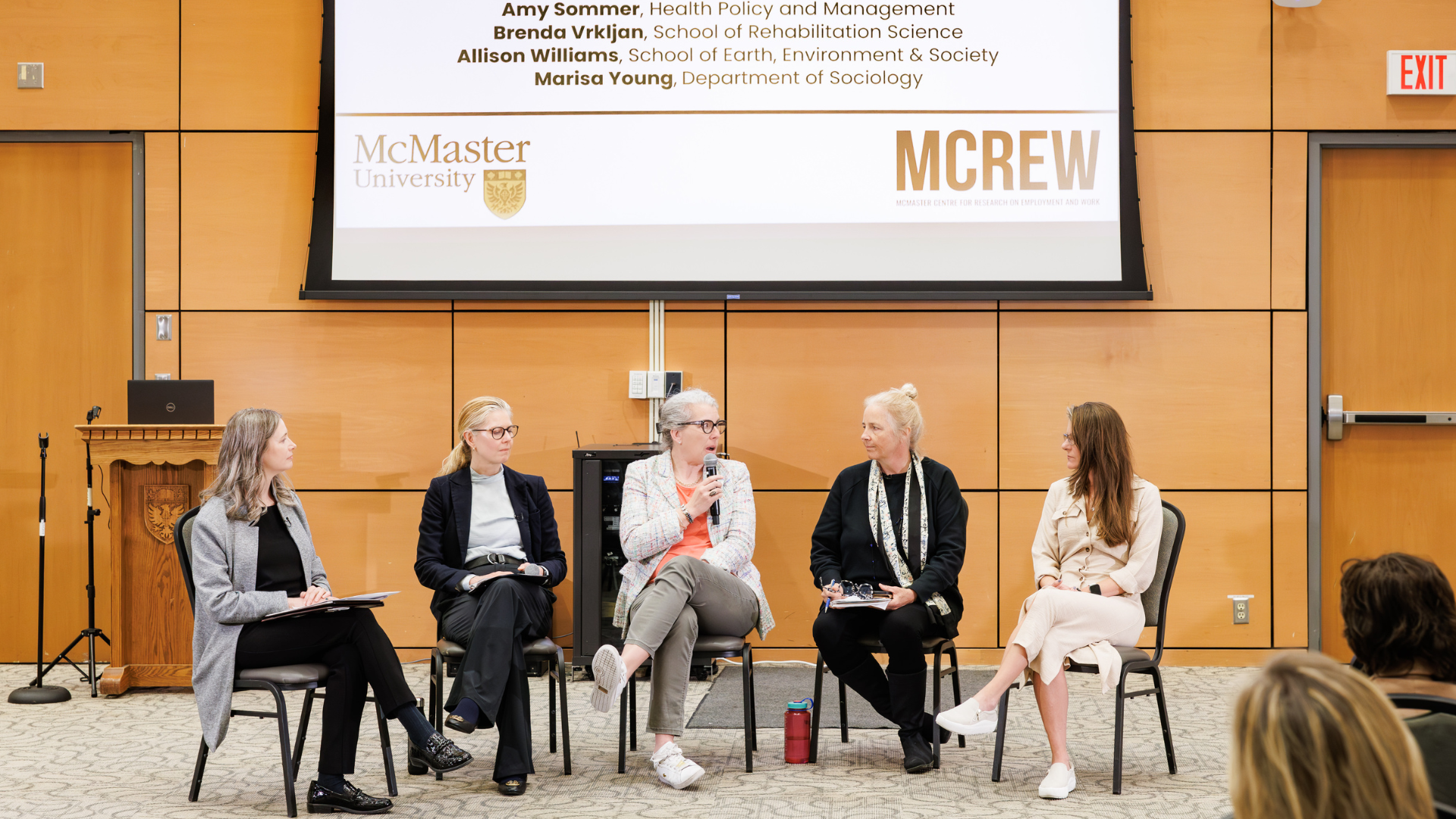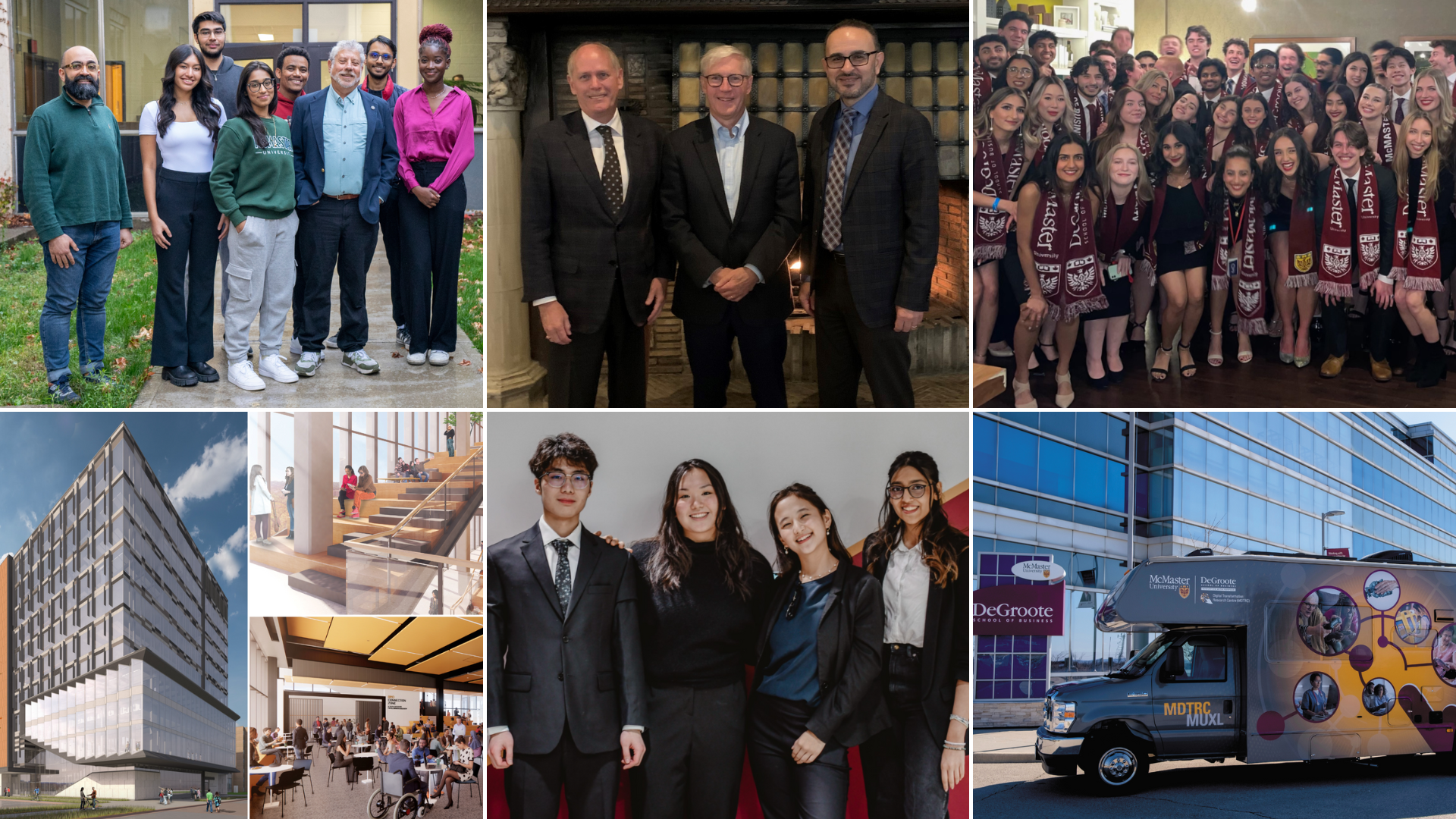HUMAN RESOURCES AND MANAGEMENT RESEARCH STAFF
The Green-Eyed Monster: How Embracing Jealousy at Work can Make you More Productive
January 30, 2024 ·
Contributed by: Meena Andiappan and Lucas Dufour

Instances of negative emotions, such as jealousy, are frequent in the workplace. Perhaps your boss just complimented your co-worker on a job well done while ignoring your contributions to a project. Or maybe your new mentee asked to transfer to another supervisor.
Although employees are often expected to ignore or, at minimum, leave such feelings unrecognized, they arise in any social setting.
In fact, organizations are often the perfect breeding grounds for jealousy (i.e., fearing the loss of a valued relationship). Resources are scarce, competition is fierce and maintaining favour with the right people is often critical in moving up in your career.
However, employees are often unsure about what to do with such negative social emotions. Simply ignoring negative emotions or letting them fester has been shown to lead to detrimental outcomes, from anxiety to burnout.
On the other hand, addressing these emotions with actions such as sabotage and revenge and social undermining is also unproductive — at least in the long term.
Our research suggests a different approach may be warranted, and even fruitful: embrace the emotion. When employees are able to reconceptualize jealousy as a motivating force, this opens up new (and more positive) venues to address, overcome, and even capitalize on the feeling.
How jealousy develops at work
Our theoretical research set out to lay the groundwork for understanding how jealousy develops in the workplace. Our work suggests employees are more likely to feel threatened when they feel insecure about their skillset, are highly dependent on their supervisors for validation and support, and have experienced mistrust in the past.
When employees lack confidence in their abilities, they may see colleagues as threats, leading to feelings of inadequacy. This can be exacerbated when employees fear losing favour or recognition from their supervisors, which can create a competitive and hostile atmosphere at work.

In a workplace where there are few good supervisors, centralized power dynamics, and an employee suspects their co-worker has more in common with their supervisor than they do, the environment has all the pieces needed to create a minefield of jealousy.
When not managed properly, jealousy can have detrimental effects on both individual well-being and overall team dynamics in the workplace. Understanding the roots of this emotion is crucial for developing strategies to mitigate its impact and foster a healthier work environment.
Leveraging jealousy at work
Emotions researchers have long noted the difference between high- and low-activation emotions. For instance, when faced with jealousy, an intense emotion like anger (considered high-activation) is more likely to lead to action than a less intense emotion like sadness (considered low-activation).
Employees who are able to tap into activation responses can leverage seemingly negative situations to spur their own positive reactions. This means figuring out how they can maintain valued relationships by ensuring their contributions to the workplace are valued, recognized and rewarded.
Consider the scenario of your boss recognizing the work of your colleague over yours. You have two choices: you can either see this recognition as a sign that your boss doesn’t care for you or doesn’t value your work, in which case you might feel disappointed and discouraged, and assume there is little you can do to change your boss’ mind.

On the other hand, you might see this as a sign that your boss needs to be reminded of the great work you’re doing and assume there is quite a bit you can do to change your situation.
If jealousy is conceptualized as a call to action, you can make strides in advancing your status yourself. Perhaps you need to better communicate your group contributions to your boss, or maybe you need to step up and take on the role of a project lead.
Workplace relationships
Another critical point to consider is why you’re feeling jealousy. What does this relationship signify to your standing in your organization? How dependent are you upon that relationship (whether with your boss or your colleague) and are there ways to mitigate this dependence?
Studies show that we view the supervisor-subordinate relationship as the most central dyadic unit within an organization. Because of this, we often direct the bulk of our attention to that relationship, rather than spreading our time and efforts more widely.
One valuable insight jealousy can bring us is pushing us to consider our workplace relationships: are there other relationships that we can cultivate, in case the present one doesn’t pan out?
This is where networking and relationship-building comes into play — making it a surprising, but effective, buffer to workplace jealousy.
Experiencing negative emotions like jealousy and envy at work is common. Instead of trying to hide or ignore such emotions, which may seem expected in a professional setting, consider reframing them. Viewing such emotions as a means to motivate yourself and expand your thinking will ultimately lead to better outcomes for all parties involved.![]()
Authors: Meena Andiappan, Associate Professor of Human Resources and Management, McMaster University and Lucas Dufour, Assistant Professor of Human Resources Management and Organizational Behaviour, Toronto Metropolitan University
This article is republished from The Conversation under a Creative Commons license. Read the original article.
















